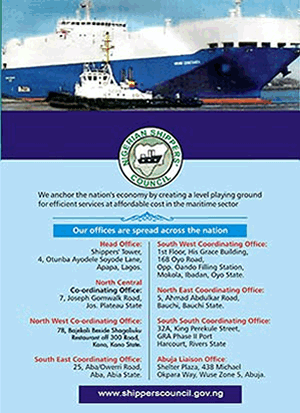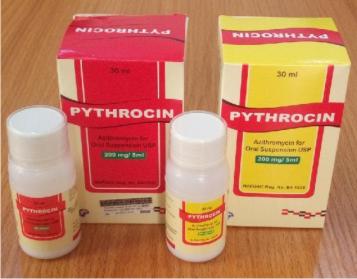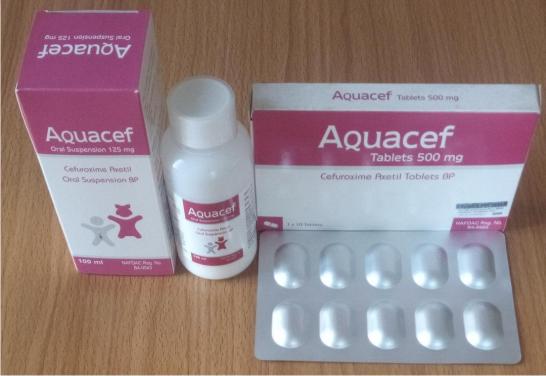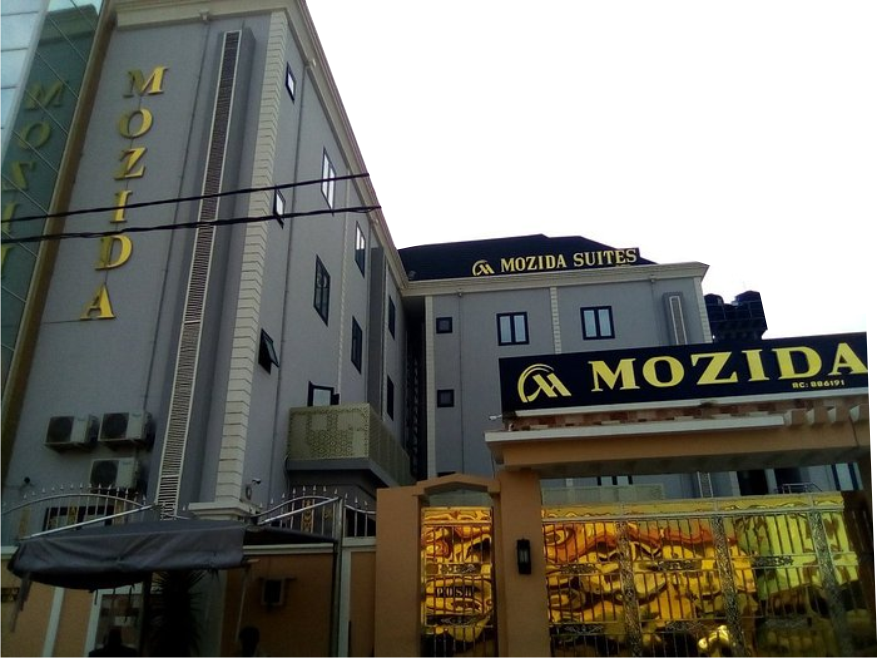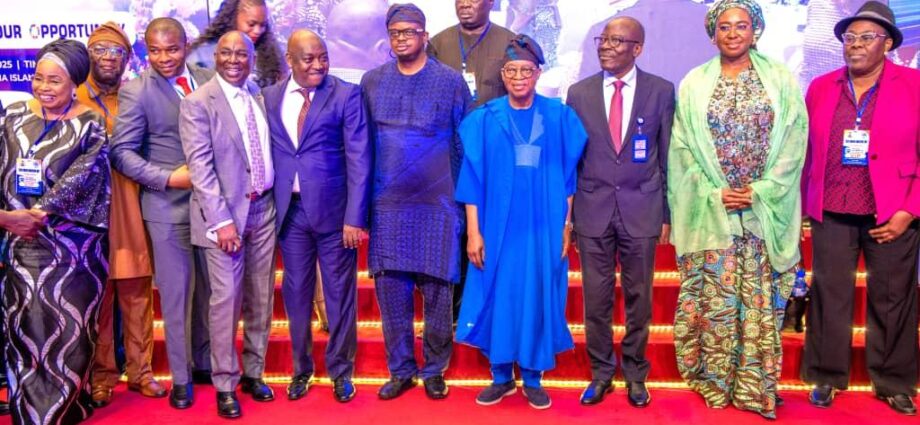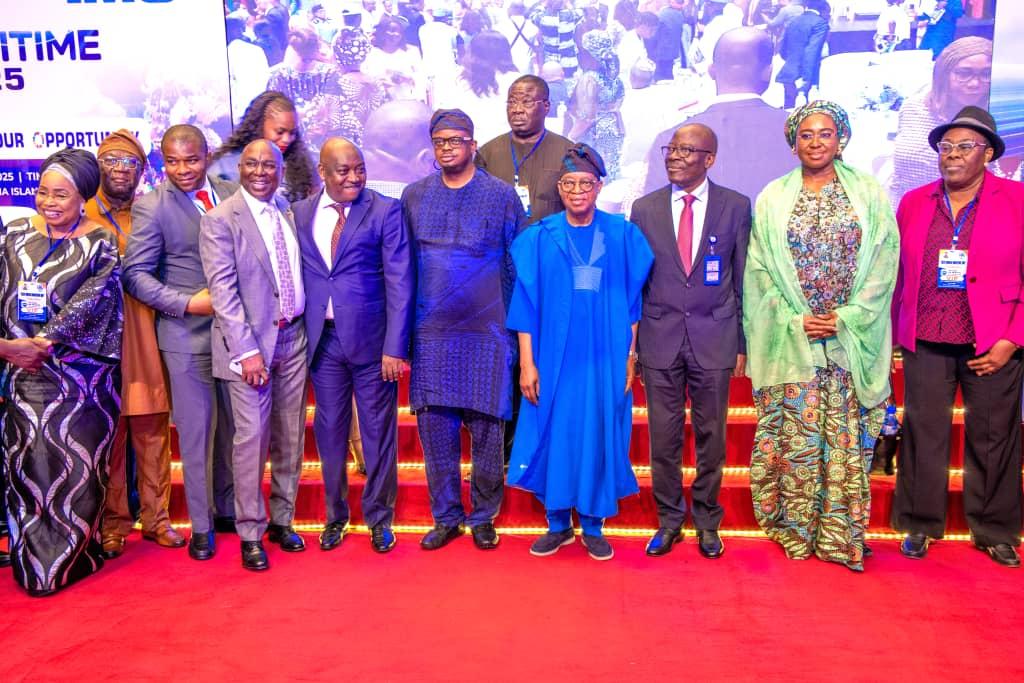
The Minister of Marine and Blue Economy, Adegboyega Oyetola, has urged stronger partnerships and sustainable financing to fast-track Nigeria’s blue economy ambitions, disclosing that recent marine infrastructure interventions boosted non-oil exports by 18.6 percent in the first half of 2025.
Speaking at the 2nd Citizens and Stakeholders Forum in Lagos on Thursday, Oyetola described the Federal Executive Council’s approval of Nigeria’s first-ever National Policy on Marine and Blue Economy in May 2025 as a milestone, but warned that effective implementation requires significant investment.
“Vision without finance may be no more than a dream,” Oyetola said, stressing that government alone cannot shoulder the cost of modernising ports, strengthening maritime security, expanding aquaculture, and building resilient coastal infrastructure. “Finance is the catalyst that transforms policy into progress.”
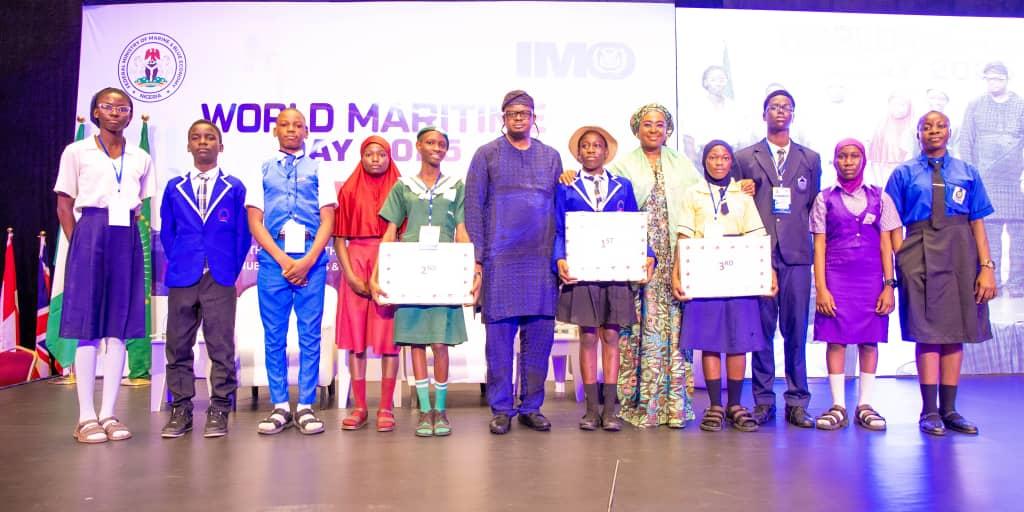
The minister listed priority areas requiring funding, including sustaining Nigeria’s three-year zero-piracy record in the Gulf of Guinea, deploying smart technologies in ports, scaling aquaculture, and unlocking marine tourism and infrastructure opportunities such as the Lagos-Calabar coastal highway. He also highlighted the need for investment in renewable energy, marine research, and environmental resilience through tools like blue bonds and sustainability-linked loans.
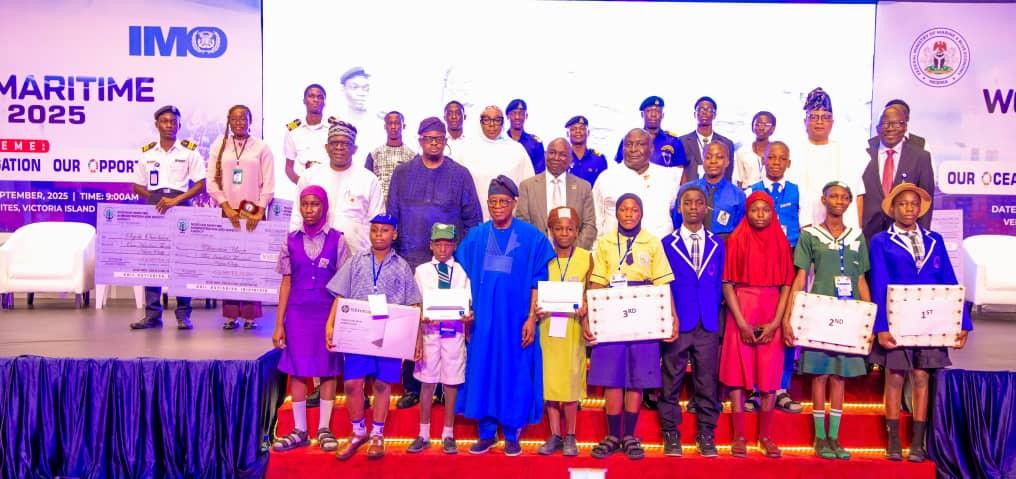
Oyetola linked these priorities to recent gains, citing the Deep Blue Project’s success in securing Nigerian waters, the rehabilitation of Lagos ports to attract larger vessels, and fisheries expansion following industry consultations.
“Our policies are clear, our results are proven, and our capacity is demonstrated. What remains is to scale up and unlock finance — the key to accelerating delivery and securing Nigeria’s leadership in Africa’s marine and blue economy,” he said.
In her welcome address, Hajia Ralthum Ibrahim, Director of Planning, Research and Statistics, described the forum’s theme — From Policies to Impact: Financing Issues — as timely. She noted that the newly approved national policy offers a comprehensive blueprint, but the implementation stage requires “collective effort and innovative financing models.”
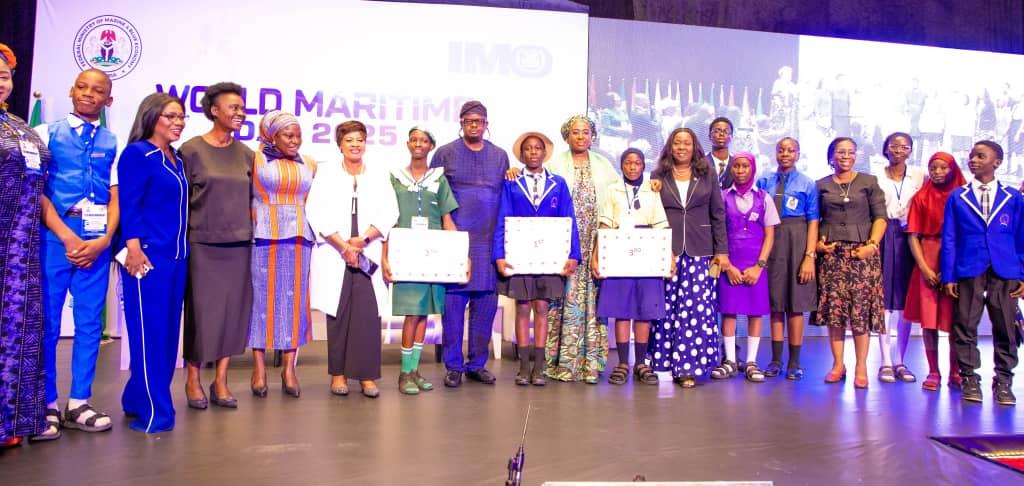
She revealed that the ministry has designed a monitoring template to track progress in areas such as port efficiency, fisheries, and marine tourism, while also engaging private and international partners to mobilise resources.
“This engagement is a call to action for every stakeholder — government, private sector, civil society, academia, and communities — to contribute to unlocking the potential of our marine and blue economy. The ocean is our shared heritage, and its sustainable development is a collective responsibility,” she said.
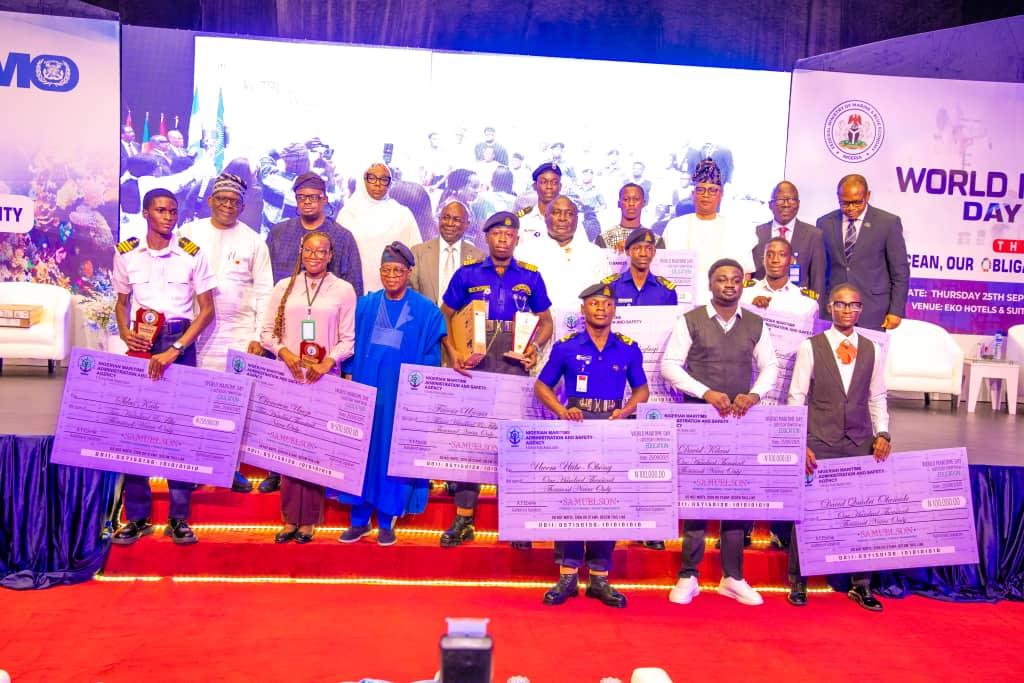
Former Minister of Interior, Captain Emmanuel Ihenacho, also commended the ministry’s efforts, describing the blue economy as key to innovation, growth, and national prosperity.
“Our dedication towards unlocking the blue economy’s potential will undoubtedly yield significant benefits for our citizens and future generations,” Ihenacho said.
The forum gathered government officials, industry stakeholders, civil society, academia, and community representatives, all aligned on moving Nigeria’s blue economy from vision to measurable impact.
ADVERTISEMENTS






